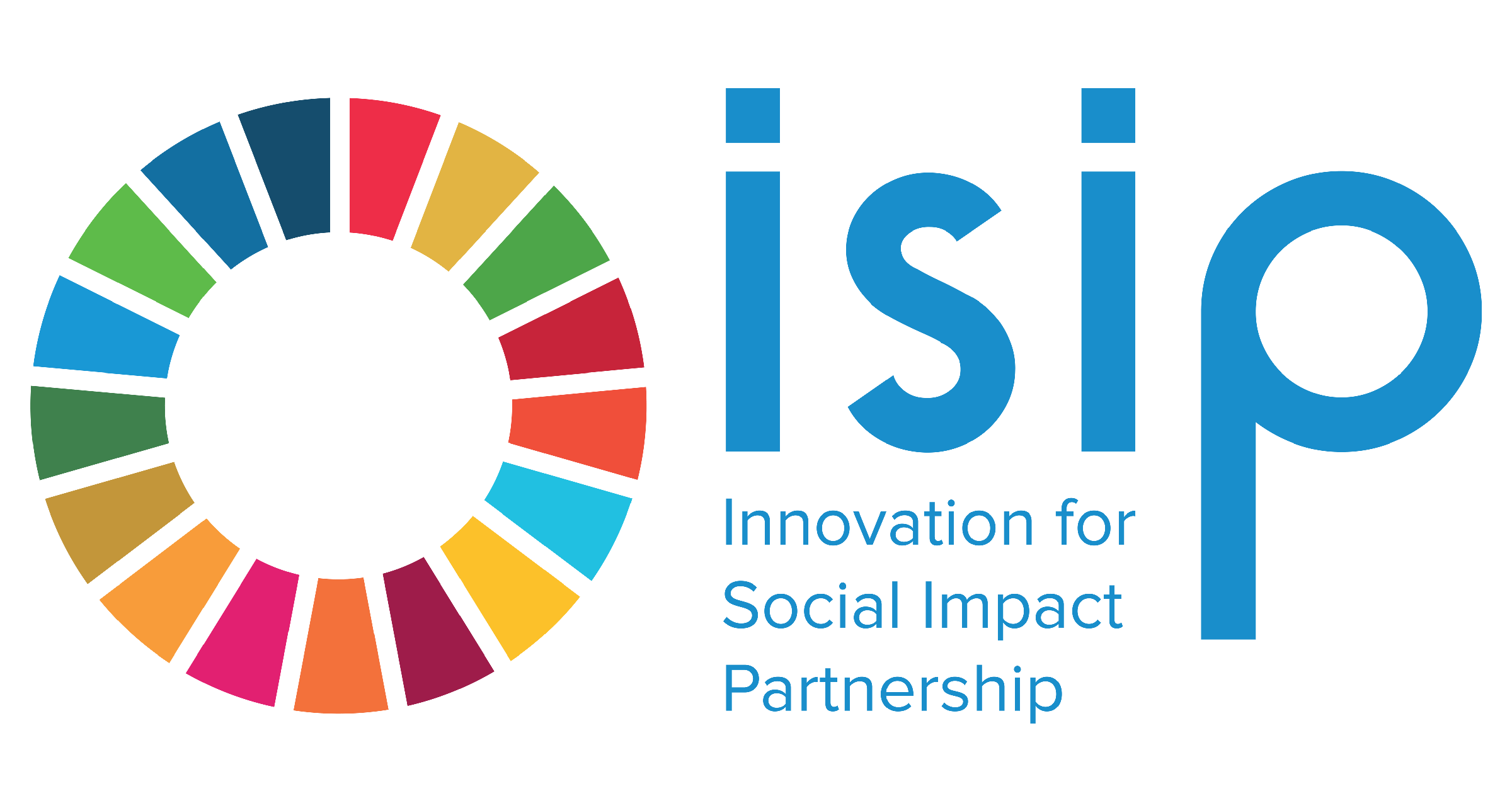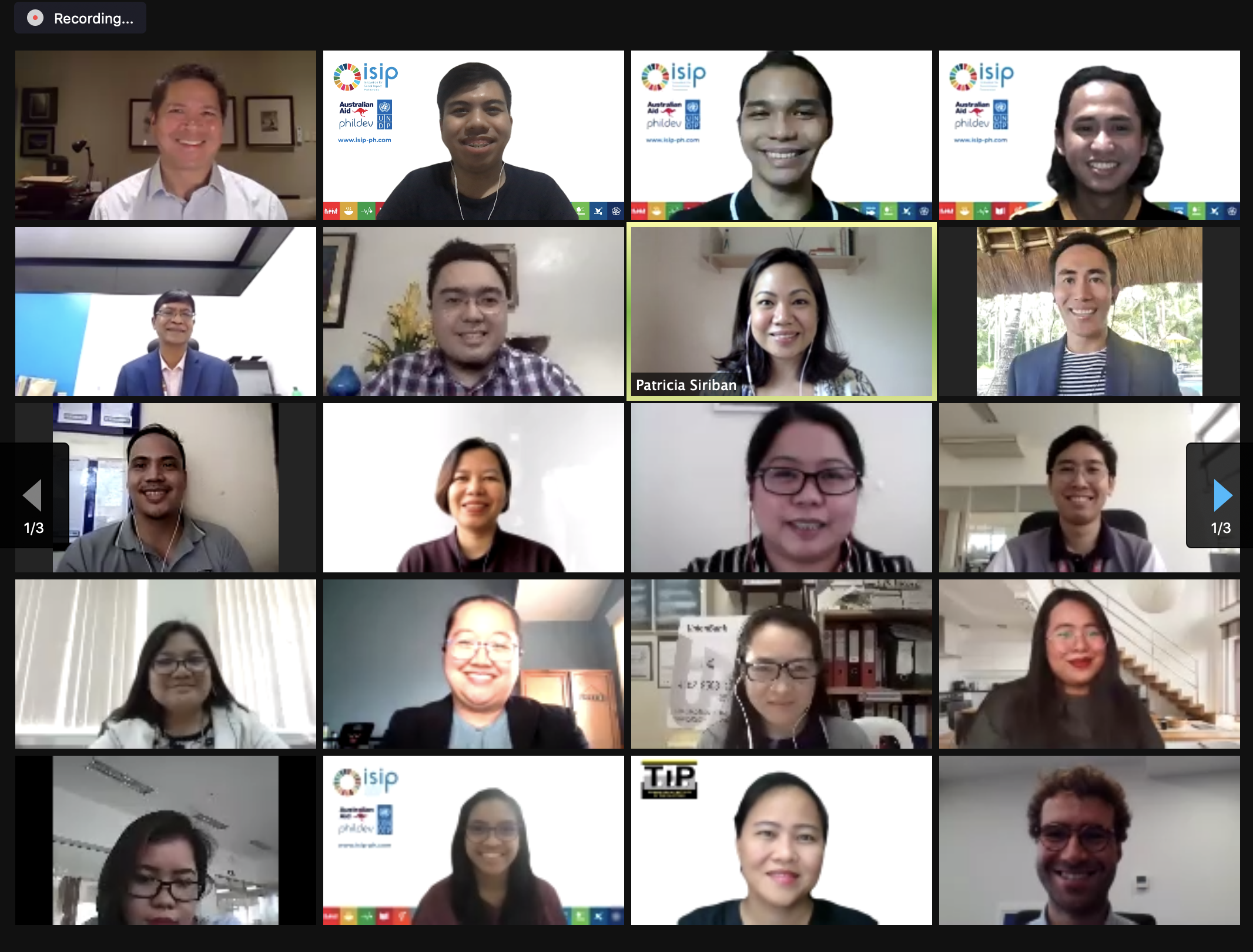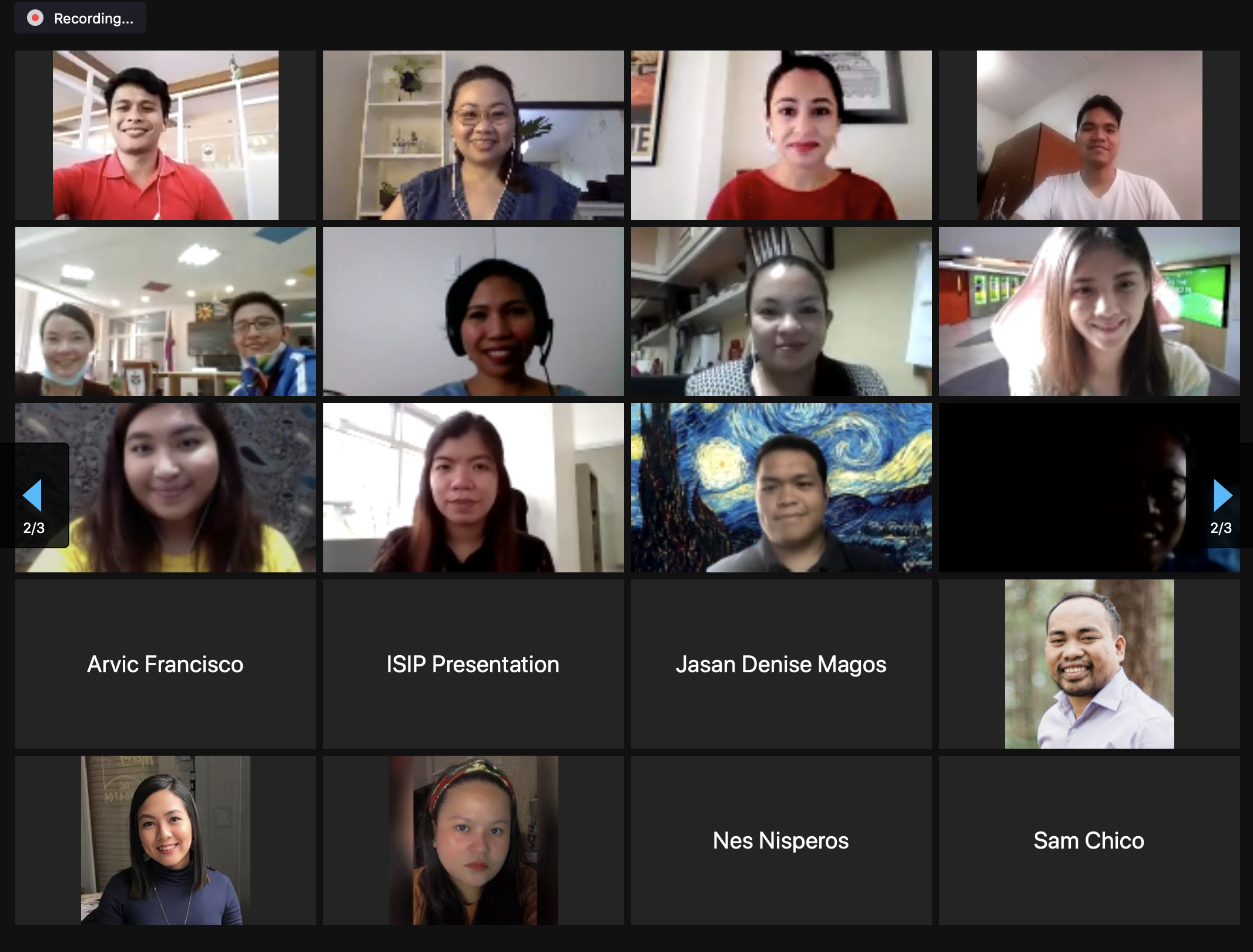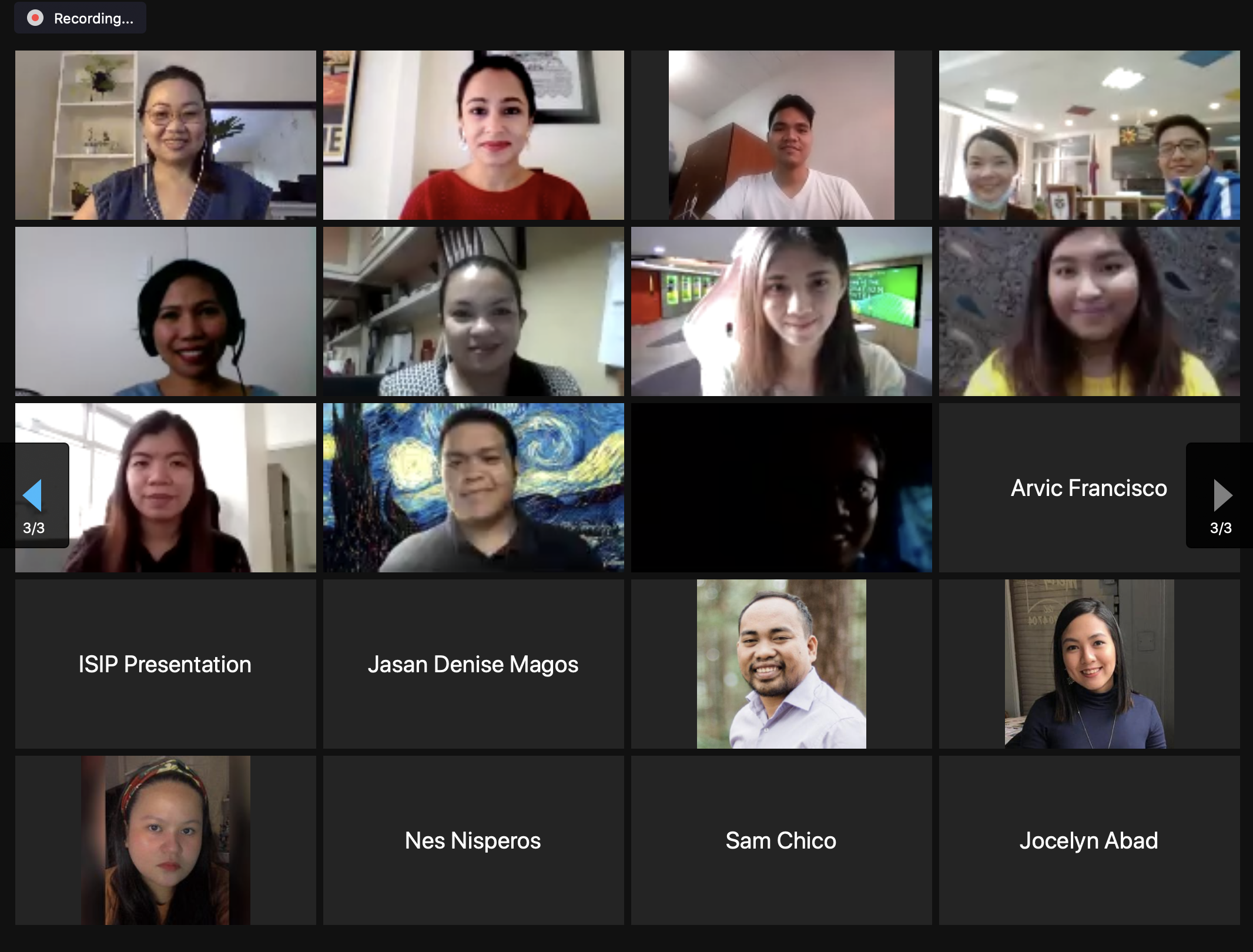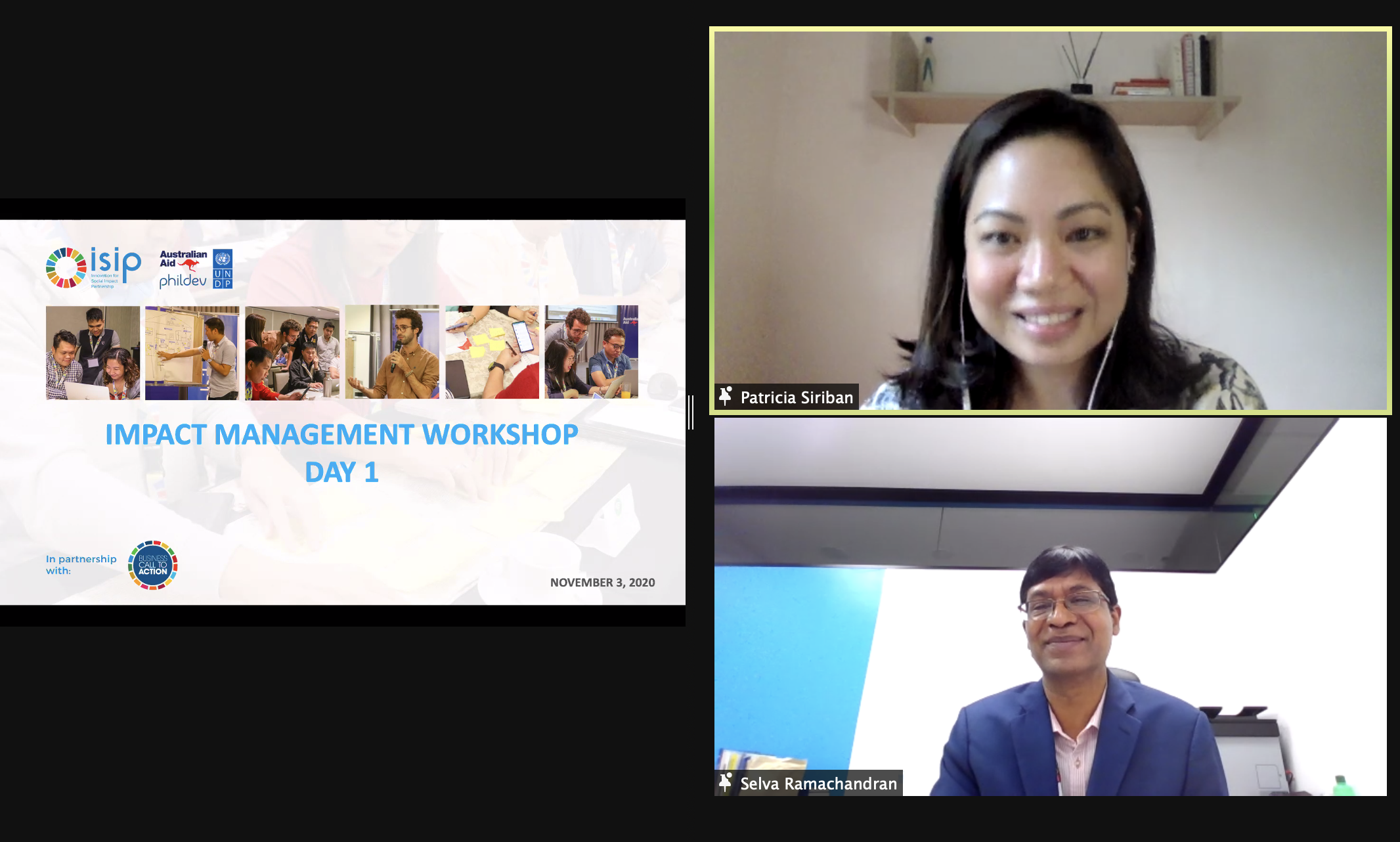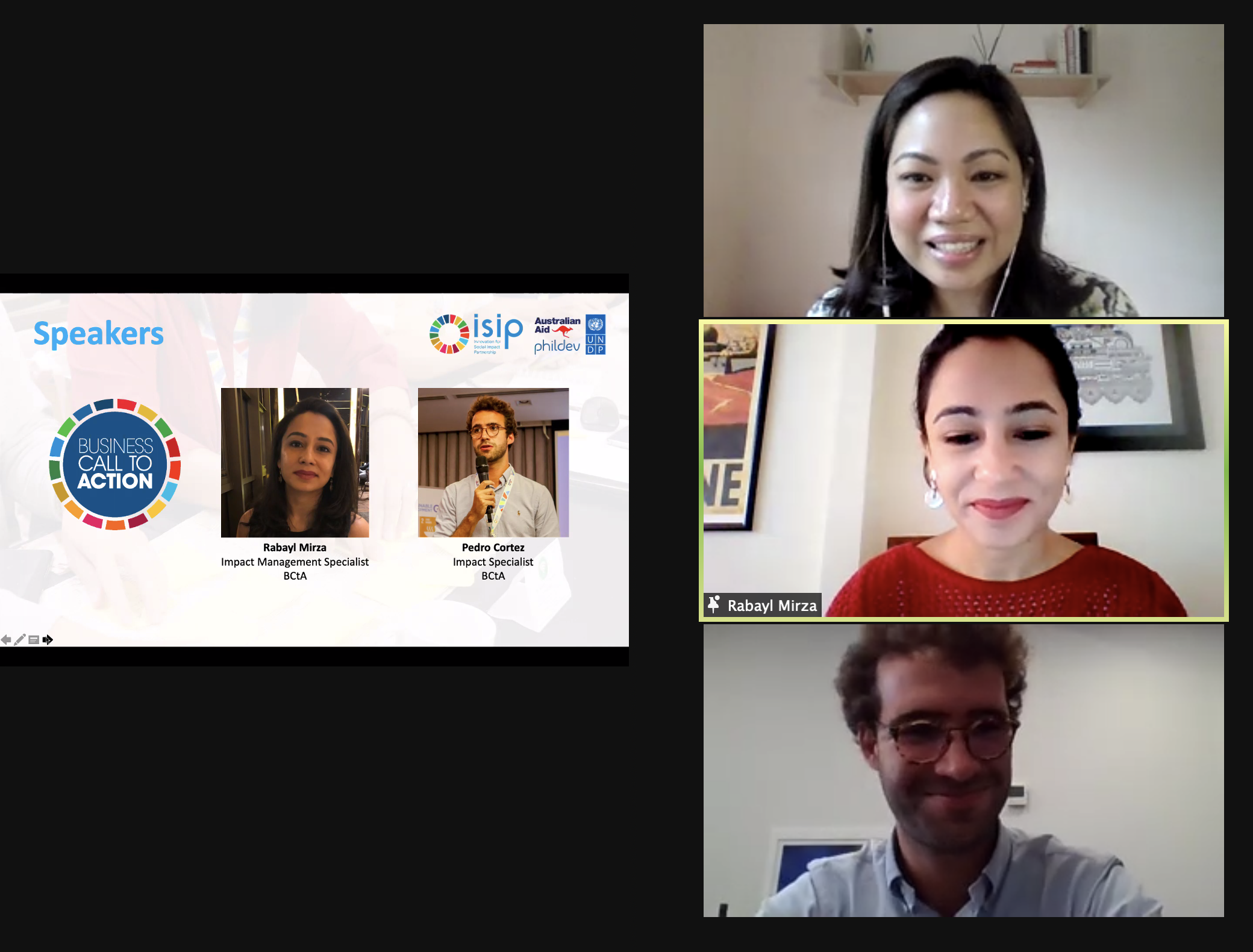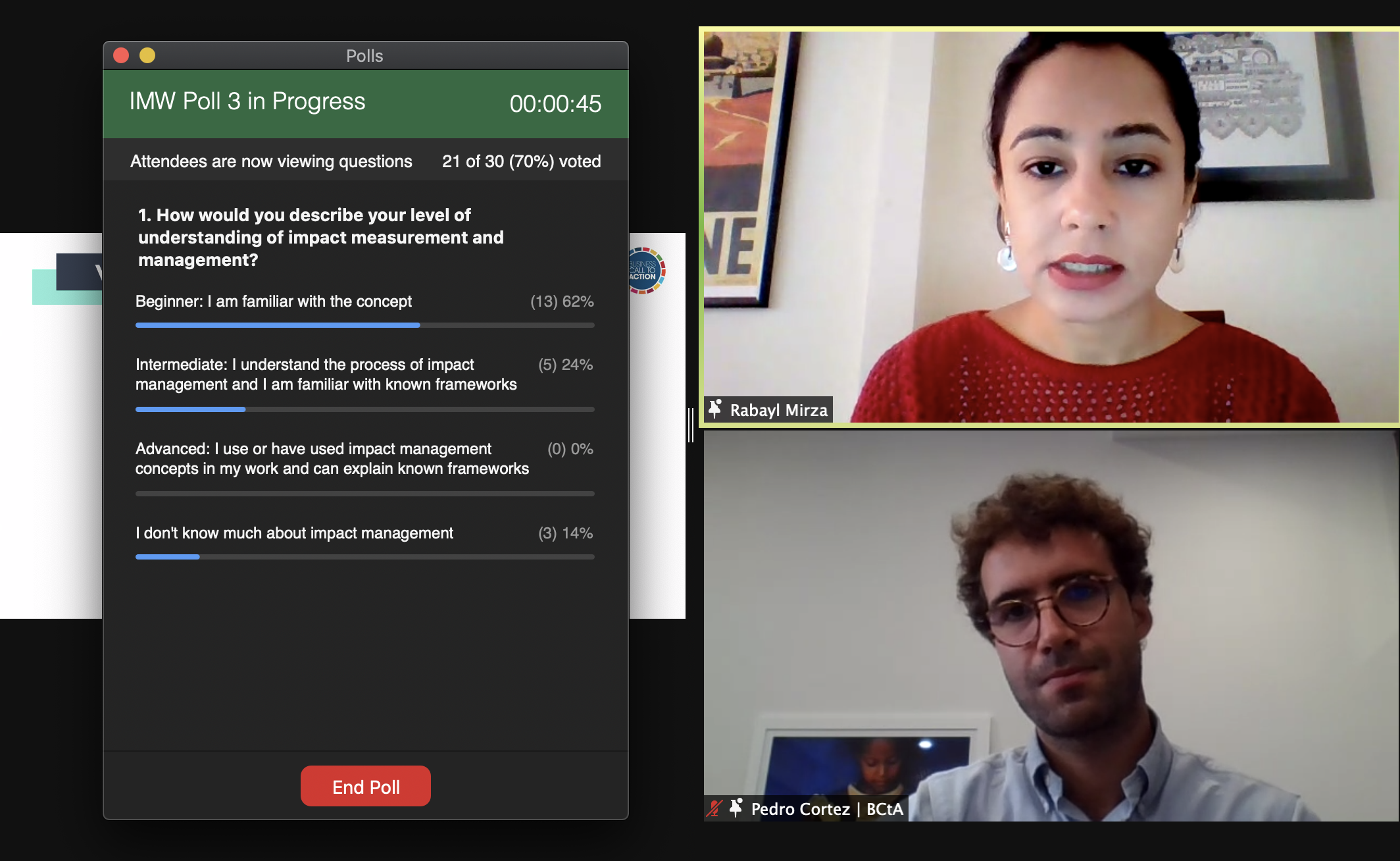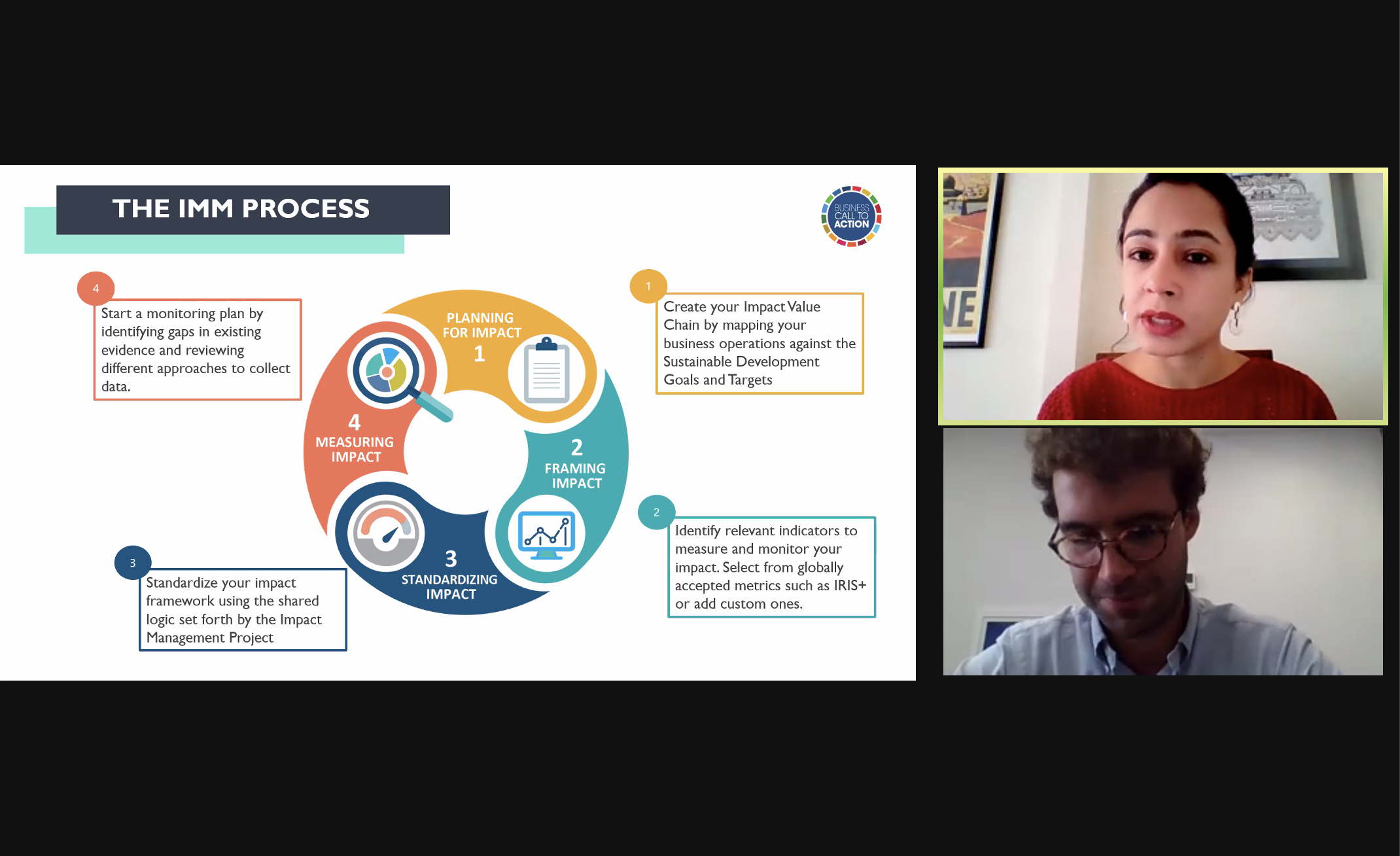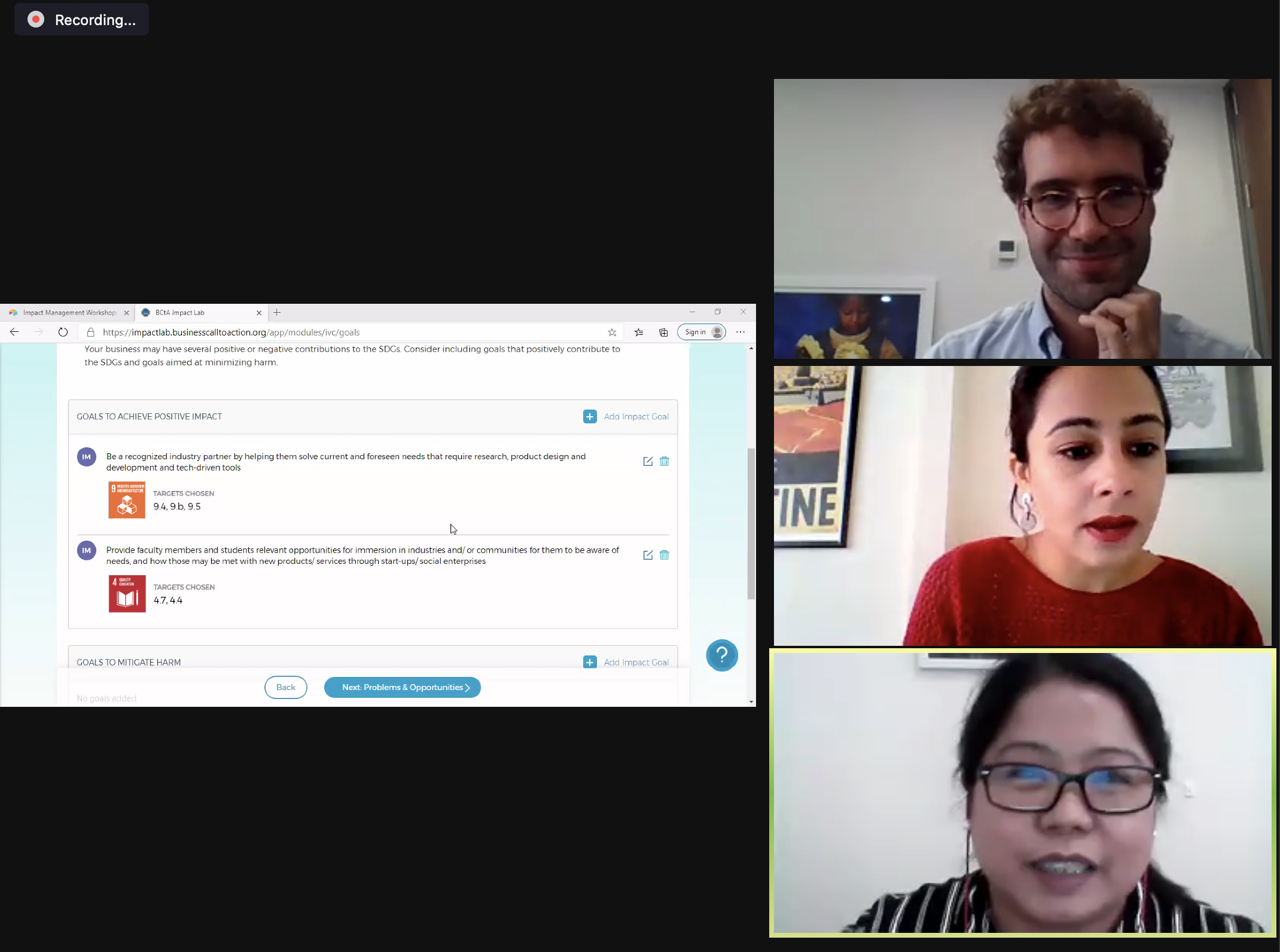Four Challenges to Overcome in Measuring and Managing the Impact of University-based Incubators
by: Adriel Nisperos
According to the 2017 UN Development System: Pathways to Reposition for Agenda 2030 report, 91% of global consumers unequivocally believe companies must operate responsibly to address social and environmental issues. This shows how consumers are becoming more and more conscious about the impact of businesses on issues like climate change, supply chain responsibility, and various forms of discrimination. However, businesses are not necessarily equipped to address these issues. In 2015, PwC reported that only 13% think they have the tools to contribute to the Sustainable Development Goals (SDGs). How much more for younger startups and social enterprises? Who will provide these early-stage businesses with the awareness and tools they need to contribute to the SDGs?
In the Innovation for Social Impact Partnership (ISIP), we believe that having SDGs is not just for large organizations, startups or social enterprises but for university-based incubators as well. But how exactly do incubators contribute to SDGs? This is what ISIP’s partner incubators aim to find out given that having a deep understanding of impact measurement and management continues to be a challenge for them.
In partnership with Business Call to Action (BCtA), ISIP brought together incubator managers from 30 universities for a workshop enabling them to discover and understand the impact they are making. Dr. Selva Ramachandran, Resident Representative of UNDP in the Philippines, highlighted how the three-day workshop helps university incubators, “Having the capacity to measure and manage social impact will allow these incubators and [their] incubatees not only align their contributions to the SDGs but also to prepare them for risks and threats such as pandemics.”
Dr. Paco Sandejas, Co-Chairman of PhilDev Foundation, shares a common goal behind the workshop, “In pandemic or in normal times, we aim to build the capacity of HEIs so they can implement better incubation programs and equip the companies and startups with the necessary skills for growth.”
Drawing on experience from the various workshops they’ve conducted and the support they’ve provided to organizations and incubators for over a decade, BCtA cited common challenges and misconceptions in developing impact management frameworks and ways to overcome them. [READ: The Critical Role of Impact Ventures in Achieving the SDGs by 2030]
“91% of global consumers unequivocally believe companies must operate responsibly to address social and environmental issues.”
Challenge #1: Identifying the Impact
“This is the struggle now; the TBIs (Technology Business Incubators) really need to identify their impact statements carefully. For us at the Center for Technopreneurship and Innovation (CTI), our impact says that ‘the TBI has to contribute to socio-economic growth.’ But we were left to ask ourselves how the TBI contributes to socio-economic growth.”
This is how John Richard Esguerra, a mentor from CTI in Batangas State University, describes their struggle when managing their impact. The startups and social enterprises they incubate often focus only on one to two impact goals or SDGs. In contrast, business incubators have several factors to consider as part of their impact, such as incubation of startups, mentorships, industry partnerships, and other activities to promote technopreneurship, like hackathons.
According to Pedro Cortez, an Impact Specialist at BCtA and one of the lead facilitators in the workshop, this is a common challenge organizations and incubators encounter in impact management. He explains, “At the first stage of the Impact Management Cycle: Planning for Impact, a lot of times organizations struggle a bit in what they imagine as their impact goals. Sometimes when we ask them about the impact they want to achieve, organizations focus on outputs which are only short-term goals.”
Pedro also agrees that mapping their impact will be challenging when an incubator works with many stakeholders, especially when they have their own success metrics. One workaround to this challenge is to make the process collaborative. “Try to sit down with your stakeholders and ask them ‘what does impact mean to you?’ and then try to find common points that match the metrics of your organization,” Pedro suggests.
Challenge #2: Differentiating Outcomes from Indicators
Developing an impact management framework, whether for a social enterprise or an incubator, involves the basic elements of a logical framework: Inputs, Activities, Outputs, Outcomes, and Impact. However, knowing these elements is just one thing; writing the statements for each element is another.
Outcomes or Indicators: What’s the difference?
“A lot of times, organizations confuse outcomes with indicators. For example, I want to measure the income of a smallholder farmer that I work with. There is a tendency for organizations to create an indicator that says ‘increase in the smallholder farmer’s income,’ but it is not an indicator. It’s an outcome, a result,” Pedro clarifies. Outcomes and indicators are two different elements in an impact framework. Outcomes are considered as results, while indicators are means to measure those results.
During the impact management workshop, the incubator managers were given the opportunity to practice writing result statements using the case studies provided by BCtA. The activity aims to help the participants become familiar with the process, so they can craft their own impact frameworks better.
Challenge #3: Balancing Sufficient Indicators
In connection to the previous item, another challenge in developing the impact framework is determining whether a framework has sufficient indicators to measure results. During the second day of the workshop, one of the participants asked BCtA how they could determine the right number of indicators to measure a particular result. Rabayl Mirza, an Impact Management Specialist at BCtA and also a lead facilitator during the workshop, clarified that there is no exact number. Instead, there should be a balance in the number of indicators.
She further emphasized the importance of involving project stakeholders in the impact management process, which can also help in determining whether a certain number of indicators is sufficient, “One of the main things to keep in mind are the important outcomes; what is actually important to measure? And that importance has to take into account your stakeholders. If a startup has low income, or vulnerable, or marginalized communities that they are impacting, it is important to factor in what would be good to measure the effects on their lives.”
To help incubator managers craft good indicators for their framework, BCtA suggests keeping in mind the SMART acronym while looking at databases of indicators such as IRIS+. Having clear indicators can help not only in developing an effective framework but also in capturing the impact that a social enterprise or incubator intends to create.
Challenge #4: Collecting Data Bottlenecks
Based on BCtA’s experience, organizations tend to wait for everything to be in place before starting the data collection process that it becomes a bottleneck. Although preparing for data collection is good, there are times when the best opportunities to collect data never comes.
“What we also try to make organizations understand is that collecting information for impact can be a much simpler process than they know. Sometimes you don’t need to spend your financial resources. Maybe instead of planning a big impact study at the end of the year, you can run short surveys using very easy technology or with no expenses,” Pedro shares.
Pedro and Rabayl suggest using free and online survey tools to help university incubators in gathering data and information for impact.
Moving the Needle Forward
“The lightbulb moment for me was when I realized we don’t have to set up a completely new process. We just need to measure what we’re currently producing and then step by step, we can grow that into something more comprehensive.”
Business incubators play an important role in achieving the SDGs, but to track their contributions, they themselves need to have an impact framework. The framework, however, functions not only as a tracker of social impact, it also provides evidence that can help incubator managers make decisions on their programs and activities. It also helps set the direction of an incubator which can also be aligned with the mission and vision of the university. [READ: Are Philippine Universities Ready for Impact-Driven Technopreneurship?]
“The impact management workshop really provided us with the platform. We have the Impact Lab tool, and that’s really good because we can easily plot projects or priorities of startups. With that framework, we can check which particular SDGs they are targeting and which problems they are tackling. The IM simplifies what we need to do and prioritize,” shares Therese Alejandrino, Industry Relations and Senior Project Manager of the TechnoCoRe Program at the Technological Institute of the Philippines (TIP) in Metro Manila.
Therese saw that the principles of impact management can also be useful in other units of the TechnoCoRe Program, especially when pursuing partnerships and projects with industries. Moreover, she expressed that the framework they learned is also a good exercise to include in their engineering program capstone and design projects. “Instead of just developing a product or a technology, [students] will be driven by purpose -- the purpose of creating an impact to the community,” Therese concludes.
On the other hand, Anja Teehankee from the Convergent Resilience (ConRes) TBI of Saint Louis University (SLU) in Baguio City adds how the framework supplements their current initiatives in their incubator, “The lightbulb moment for me was when I realized we don't have to set up a completely new process. We just have to look at what we are currently doing, and set up the impact measurement framework which can be very straightforward and very easy to grasp. We just need to measure what we're currently producing and then step by step, we can grow that into something more comprehensive.”
Anja is excited and hopeful to see the possibility of applying the impact management framework at the university level and provide focus to all their efforts, “The next step for us inside SLU would be not just to apply [the impact management framework] to the TBI, but I was actually hoping to apply it in the [university ecosystem]. If we can start that, even if it’s just a mindset change, even if it’s just talking differently about the research projects -- entering with a slightly different perspective in mind -- that could make a huge difference in all our initiatives.”
ISIP continuously supports higher education institutions because we believe that it has the potential - being a haven of research and innovations - to create a sustainable stream of social enterprises ready to take on societal challenges, and collectively contribute to the acceleration and achievement of the SDGs.
Rollie dela Cruz, Portfolio Manager of the Australian Embassy in the Philippines, expressed a similar message dedicated for the project’s university partners, “My sincere appreciation also goes to our university partners. Your role in building the pipeline of social enterprises is crucial than ever, especially as we build back a better normal for all.”
The university support is an important foundation in building and sustaining this pipeline ISIP strives to achieve. Pedro concludes by highlighting this importance to young aspiring entrepreneurs, “I’ve never been an entrepreneur myself, but I’ve worked with a lot of different entrepreneurs. I noticed that this is a very challenging journey professionally and personally, and doing everything on your own, creating your own social enterprise, is a strong life decision to take; so it is good to have some sort of guidance and support from the university.
Universities are extremely valuable, and if I would ever be guiding or advising a university, one of the key points I would always bring is ‘Okay, do we have a university-based incubator? If not, let’s create one.’”
—
Adriel Nisperos is a passionate and mission-driven communications professional. Gaining a background in development communication, Adriel uses communication to advocate for quality education, social innovation, and sustainability in and outside the work that he does. He is currently the Communications Coordinator for the Innovation for Social Impact Partnership (ISIP) project, empowering social entrepreneurs and innovators by telling stories of impact.
